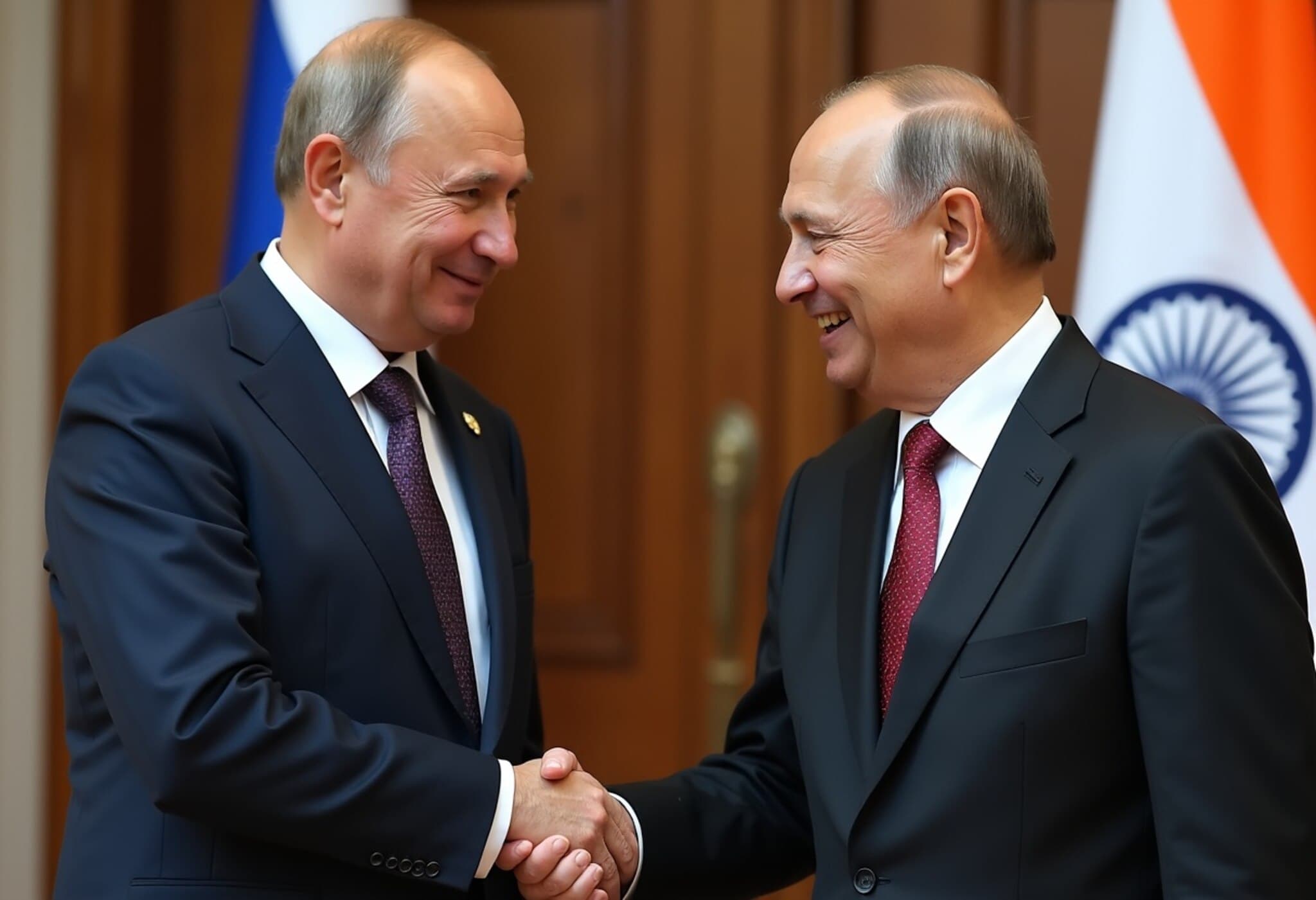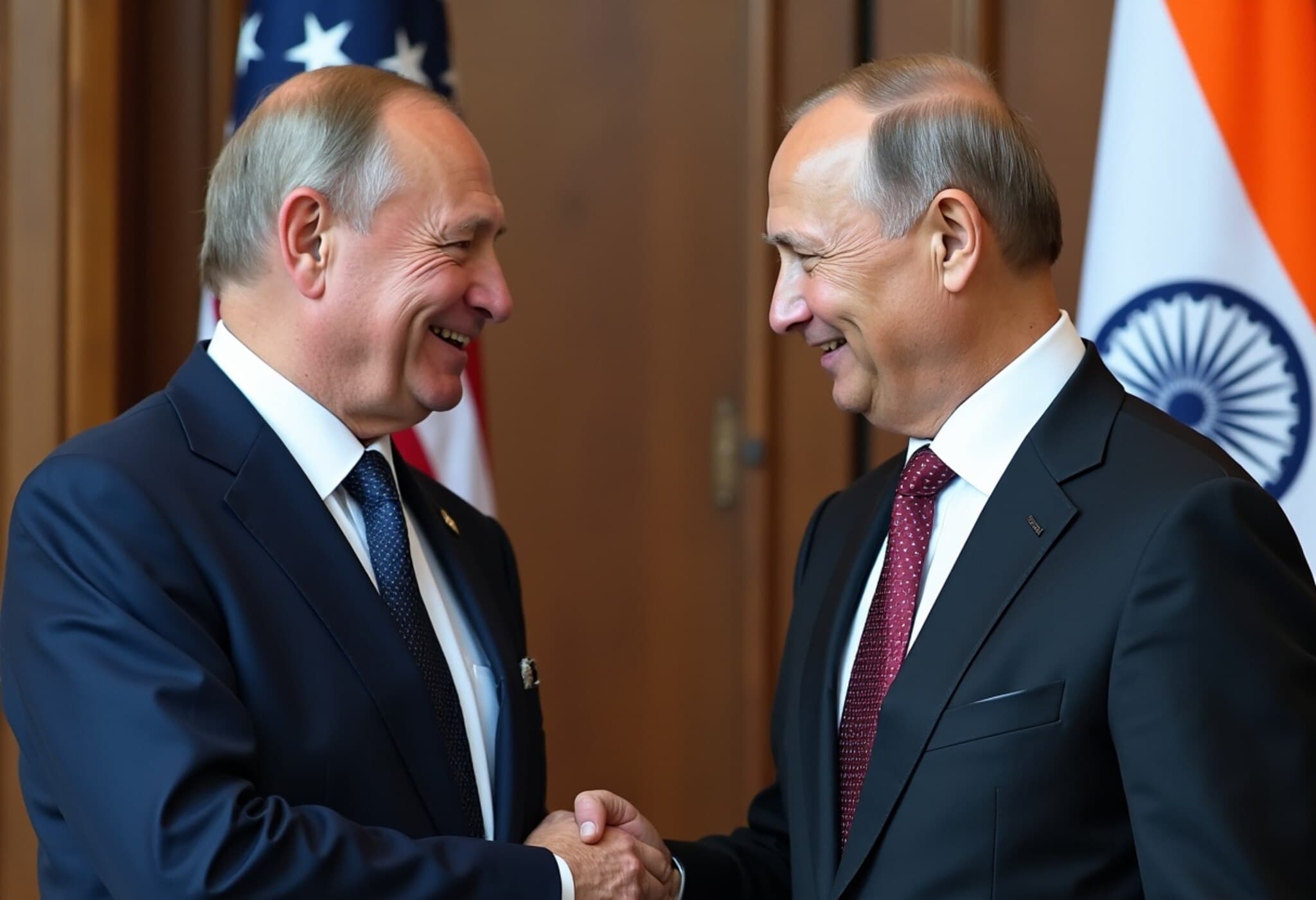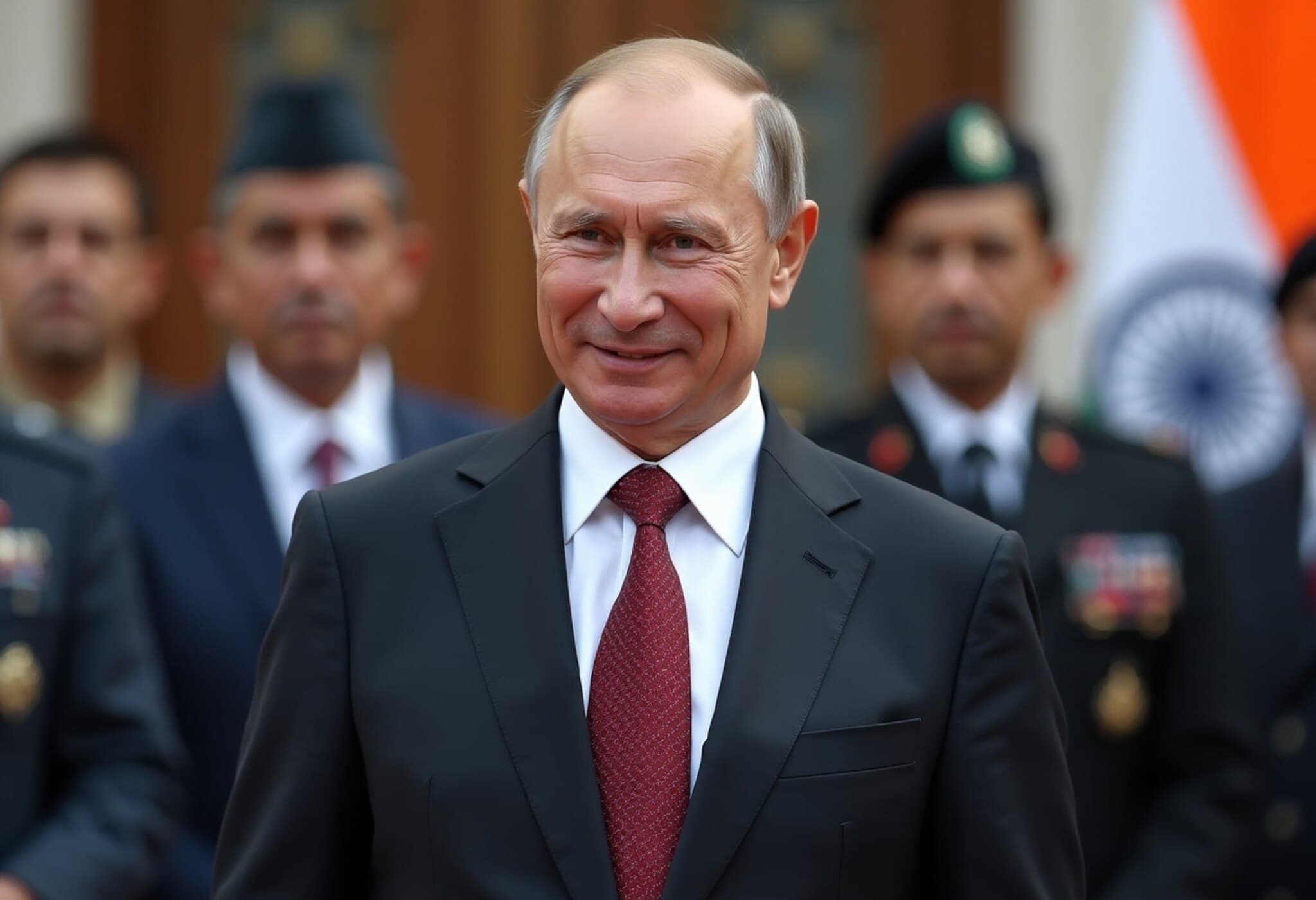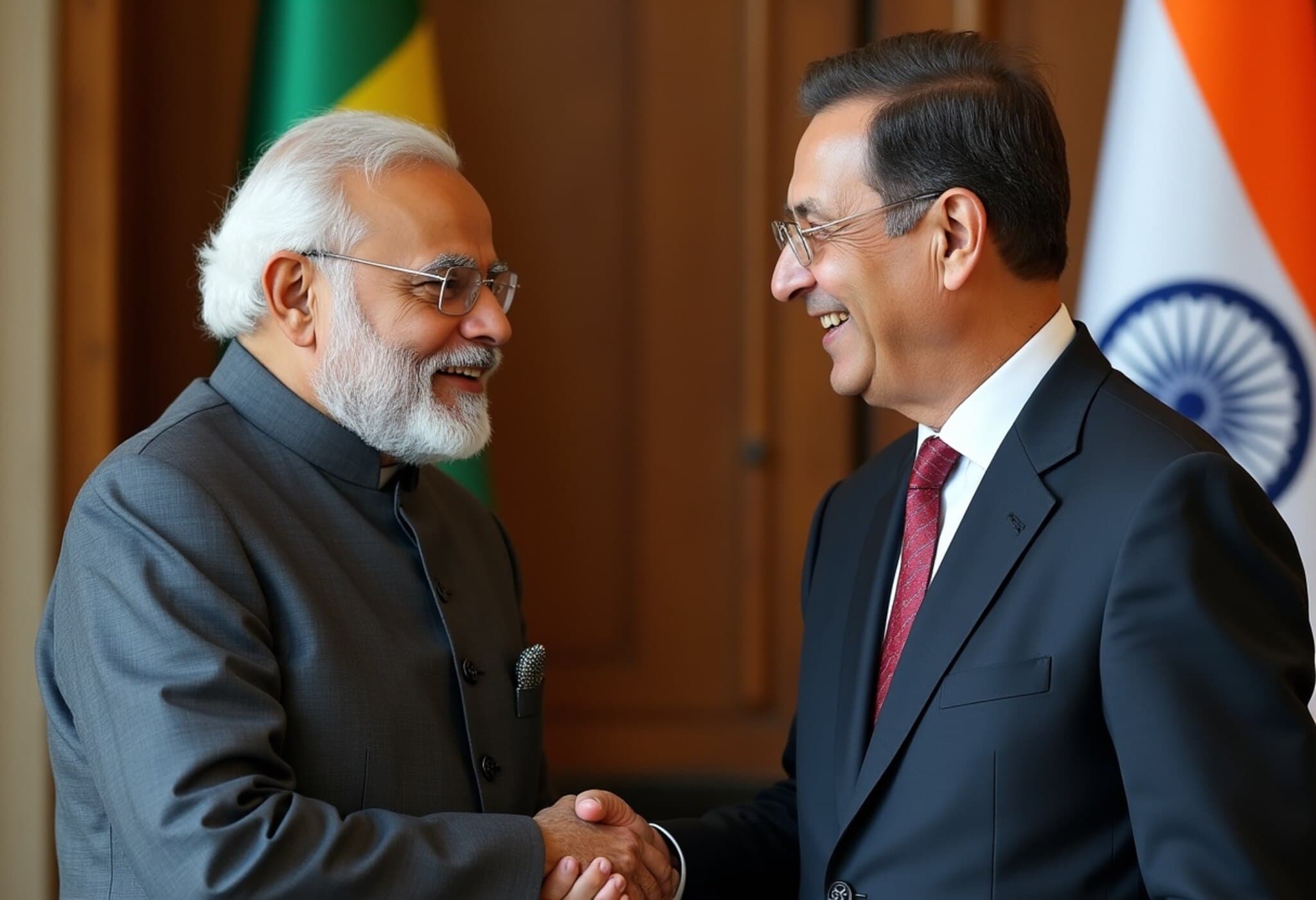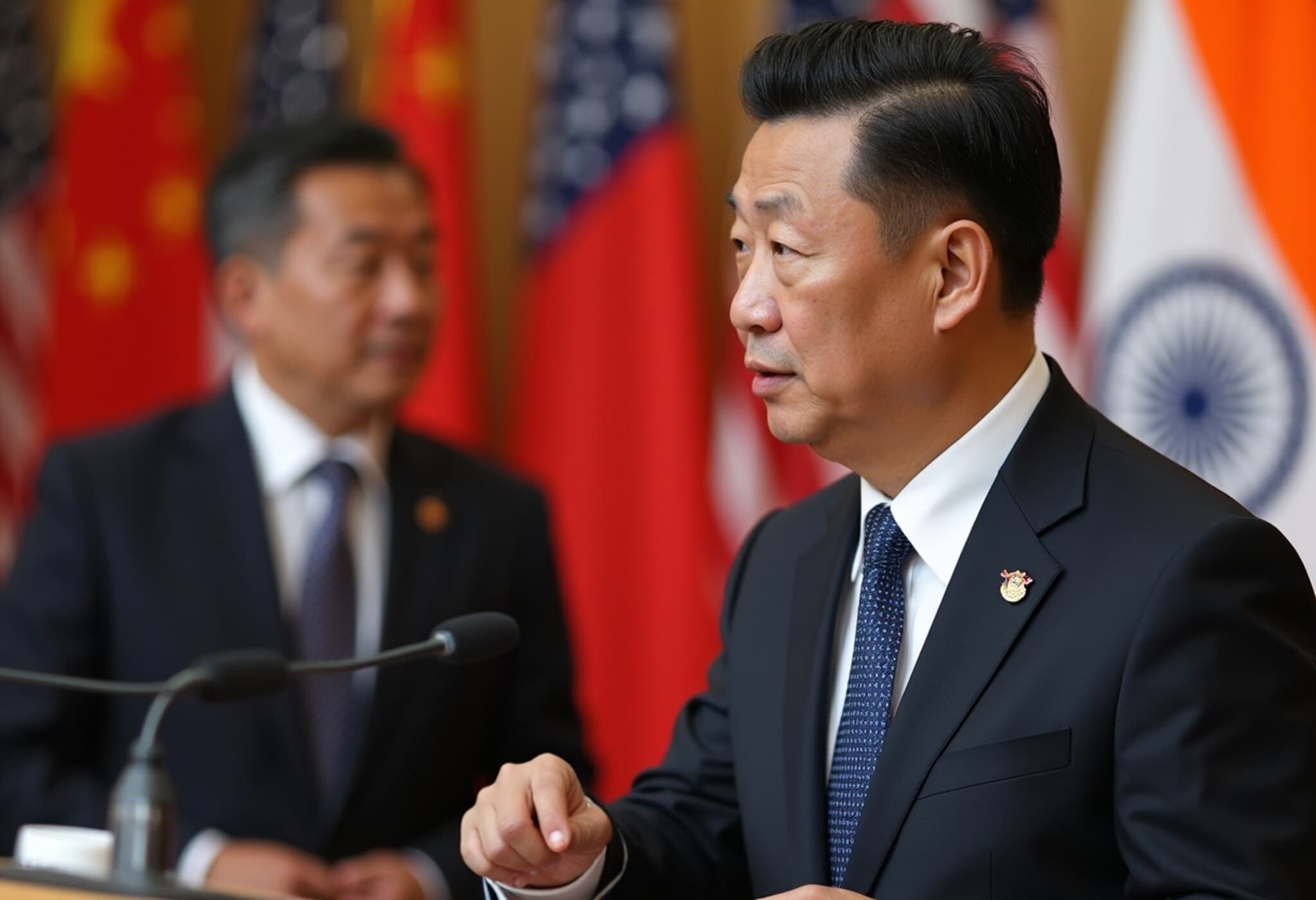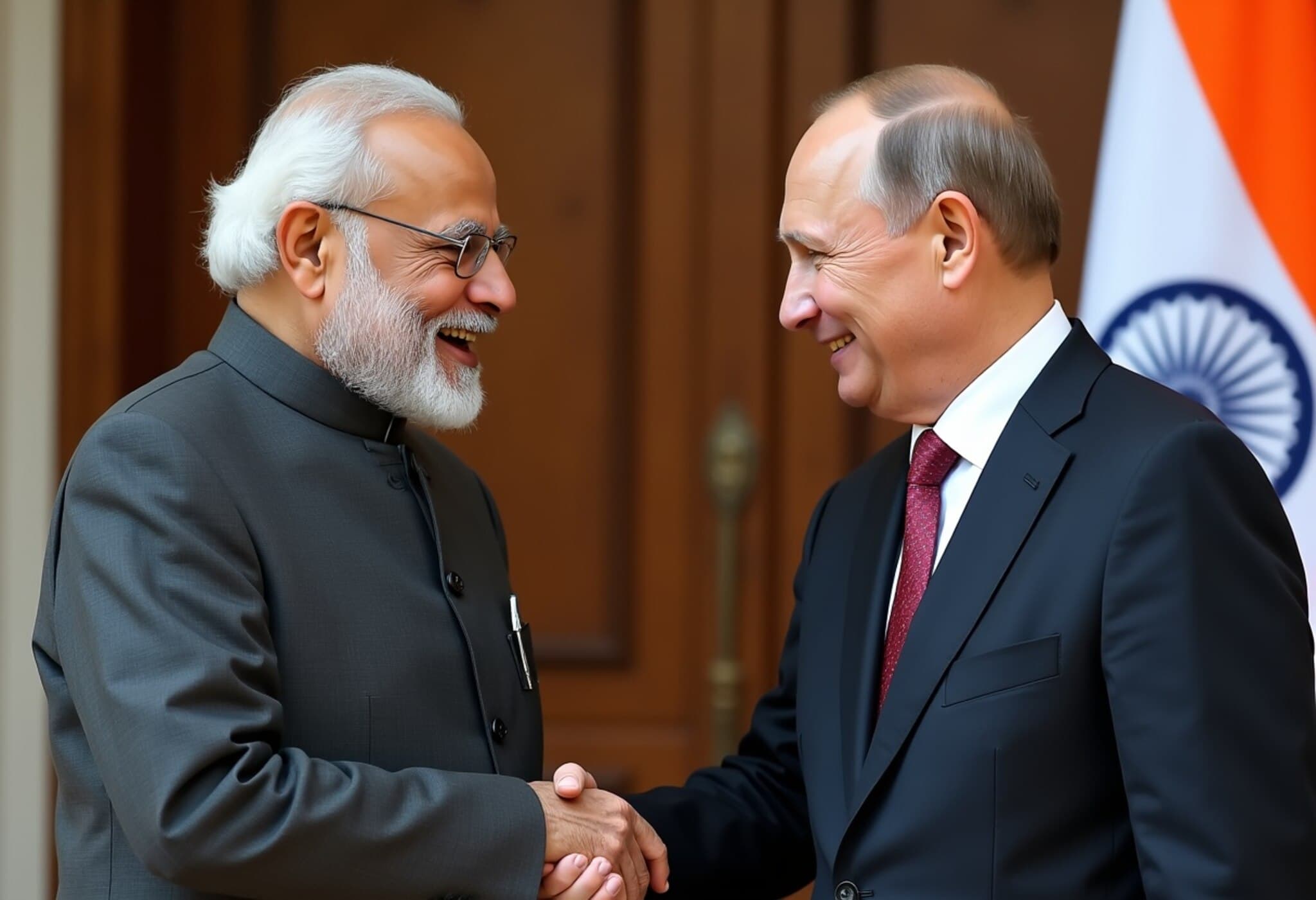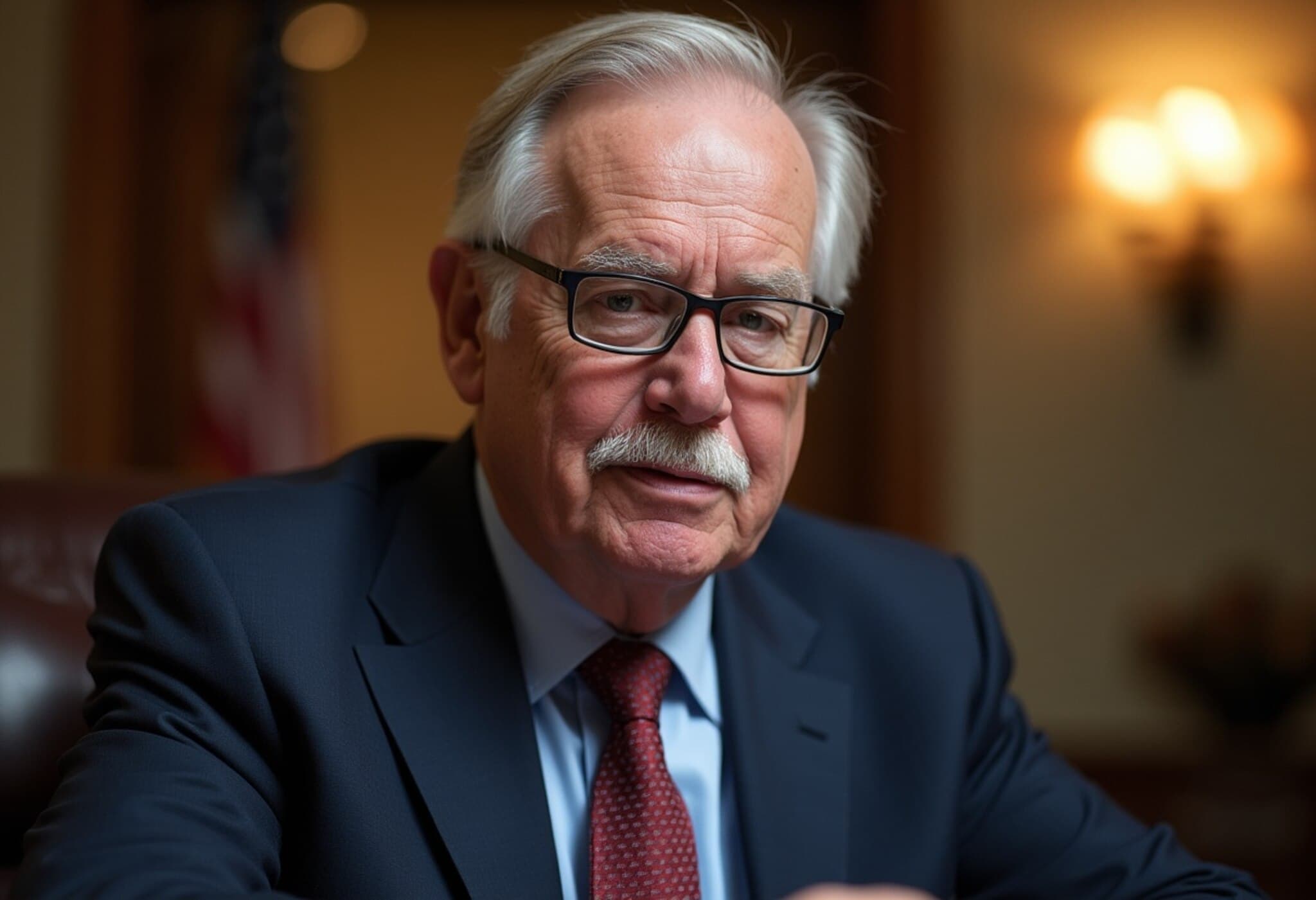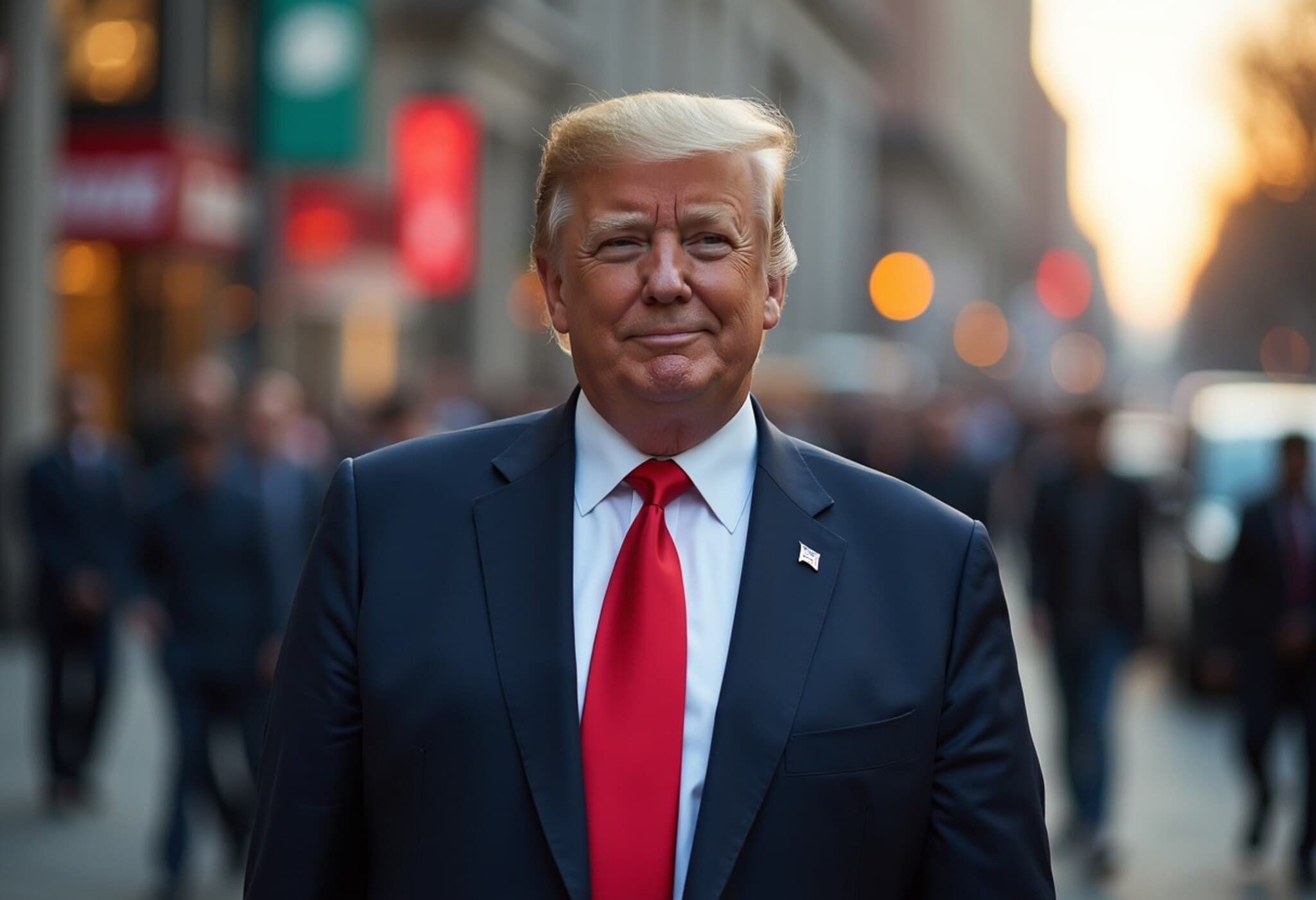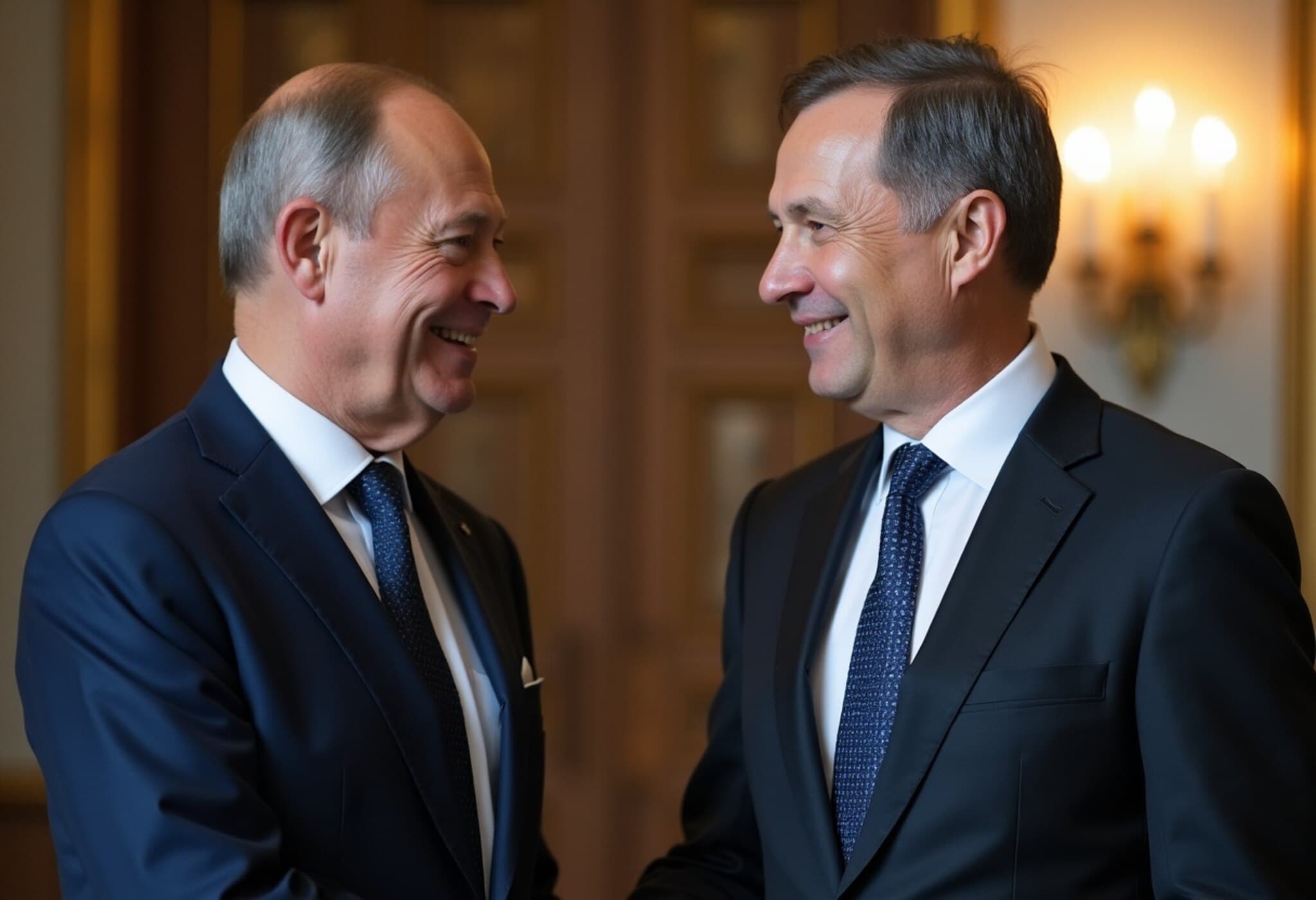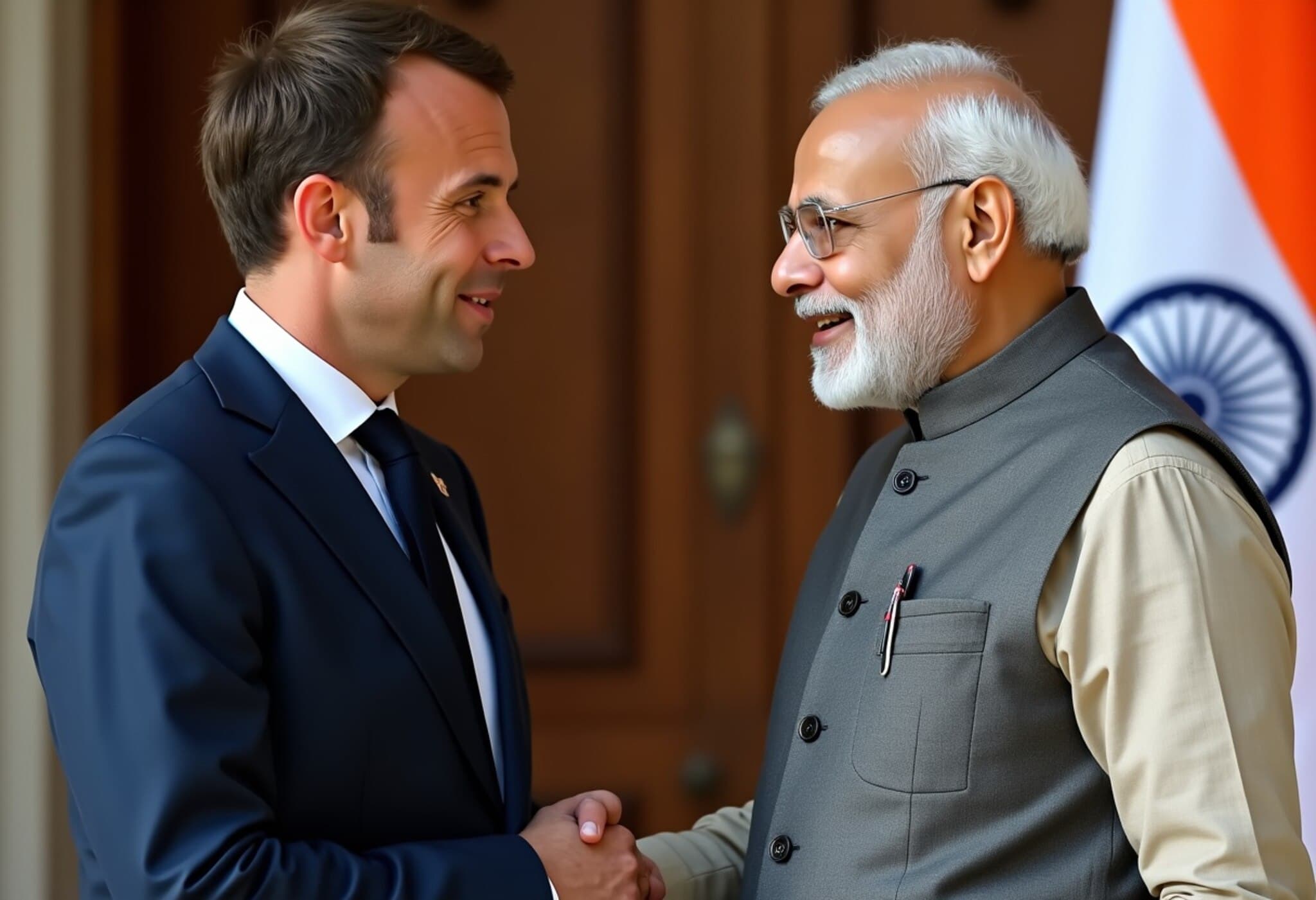India-Russia Diplomatic Engagement Deepens as US Tariff Strains Escalate
In a significant move underscoring the shifting dynamics of global diplomacy, Indian External Affairs Minister S. Jaishankar held a high-profile meeting with Russian President Vladimir Putin on August 21, 2025. This encounter unfolds against the backdrop of intensifying trade tensions between India and the United States, particularly revolving around controversial tariff disputes that have unsettled bilateral economic ties.
Context: Rising US Tariffs and Indo-US Relations
Over the past year, the economic relationship between India and the United States has been increasingly fraught due to the imposition of targeted tariffs by the US on key Indian exports. These tariffs, aimed at addressing trade imbalances and protecting US industries, have led to concern within Indian political and business circles about the sustainability of the two countries' economic partnership.
Against this complex backdrop, India's decision to engage more closely with Russia signals a strategic diversification of its foreign policy portfolio. While India has historically maintained warm relations with both Washington and Moscow, the current economic frictions with the US highlight the pragmatism with which New Delhi continues to navigate its global alliances.
Insights from the Jaishankar-Putin Meeting
- Strengthening Bilateral Relations: The talks emphasized bolstering India-Russia trade and defense cooperation, sectors historically integral to the bilateral relationship.
- Energy Security: Given the ongoing global energy volatility, the discussions reportedly focused on expanding Russian energy supplies to India, including oil and natural gas deals.
- Geopolitical Coordination: Both leaders acknowledged the importance of coordinated stances on global issues such as regional stability, counterterrorism, and multilateral diplomacy.
Experts suggest that this meeting serves not only as a reaffirmation of long-standing ties but also as a subtle geopolitical signal amidst the shifting sands of US-China strategic competition and global supply chain recalibrations.
Underreported Angles: The Wider Impact on Global Trade and Diplomacy
While media attention has largely focused on the bilateral friction between India and the US, less-discussed is how India’s outreach to Russia might recalibrate economic corridors and influence global trade patterns. Energy cooperation with Russia could mitigate some of India’s vulnerabilities in energy import dependencies.
Moreover, this diplomatic pivot raises pertinent questions about the future of the Quad alliance and the Indo-Pacific strategic architecture, especially as India balances its economic aspirations with its need for diversified partnerships.
Looking Ahead: What Does This Mean for the US and India?
For policymakers in Washington, the engagement serves as a reminder of India’s autonomy in foreign policy decisions—underscoring that economic coercion may have unintended consequences on broader bilateral cooperation. For New Delhi, it is a testament to a calculated, multipolar approach aiming to secure national interests amid global uncertainties.
Experts stress the importance of sustained dialogue and constructive engagement among all parties to prevent economic disputes from escalating into deeper geopolitical rifts.
Editor’s Note
This evolving development reflects the fluid nature of international relations where economic decisions often intertwine with diplomatic and strategic considerations. As India navigates the delicate balance between its traditional allies and emerging challenges, watching how these partnerships evolve will be crucial for understanding future global trade and security dynamics.
Readers are encouraged to consider how trade policies can impact broader foreign relations and to monitor further updates on this story as it develops.

